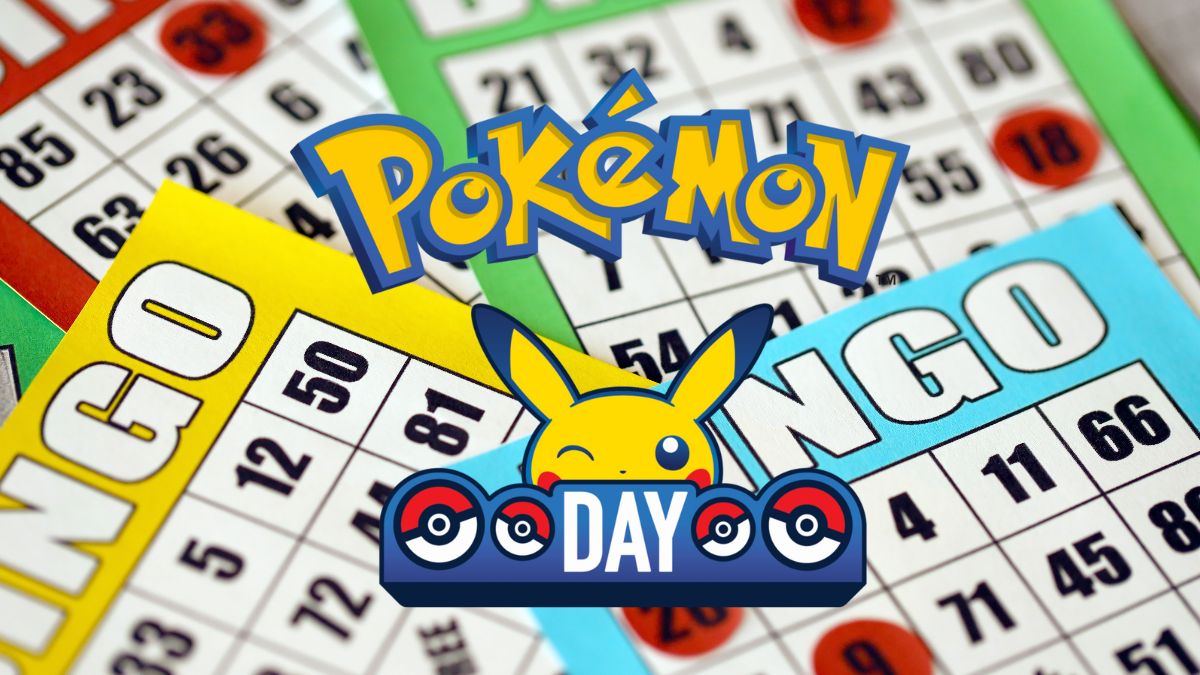Three separate South Korean game developers have been fined by South Korea’s Fair Trade Commission after allegedly duping their customers through loot boxes.
Three separate South Korean game developers have been fined by South Korea’s Fair Trade Commission after allegedly duping their customers through loot boxes.
An internal investigation by the commission found that game developers Nexon, Netmarble, and NextFloor intentionally misled their customers after launching loot boxes that served as a tie-in for special in-game events. The FTC subsequently fined the three companies for a combined $945,000 on April 1.
While all three game developers were punished by the commission, the largest penalty was issued to Nexon Korea at $882,000. Nexon is the developer of Sudden Attack, one of the most popular online games in South Korea.
During a special in-game event known as the “Celebrity Count,” users were encouraged to buy loot boxes to collect 16 puzzle pieces, which would award players with special in-game items once completed. The odds of receiving specific pieces were, however, estimated to be around 0.5 percent, which the company intentionally hid from its customers, according to the FTC.
With each individual loot box set at a fixed price of $0.85, this meant that users would at least have to spend a minimum of $13.6 in order to collect the items—but given the low odds to complete the puzzle, users wound up paying a lot more. One player reportedly spent a total of $432 to complete it, according to the Korea Times.
After receiving the penalty, Nexon responded by claiming that the commission had misread the event’s provisions, and that the company would appeal the penalty.
“In our puzzle event, we used the phrase ‘random provision’ to suggest the items would be provided at random, and that the odds of obtaining each puzzle piece were different. However, the FTC interpreted the phrase as suggesting equal odds,” a statement from Nexon read according the Korea Herald on April 2.
Both Netmarble and NextFloor were also found to have repeatedly embezzled their customers on multiple occasions by providing misleading information about the frequency of unique item drops in their loot boxes.
While almost universally seen as a homestead for gaming, South Korea’s gaming industry has in the past been accused by South Korean politicians of delaying and discarding legislation pertaining to in-game transactions. Former presidential aide—and previous chairman of the Korean Esports Association (KeSPA)—Jun Byung-Hun was also accused by the nation’s current director of game rating and administration committee, Myung-Sook Yeo, as the facilitator of this behavior while he was sitting on the South Korean broadcasting committee.
The penalty dished out by the FTC towards the three game developers is the largest in the industry’s history. Additionally it may also serve as an example in other countries where the legality of loot boxes is being questioned.









Published: Apr 9, 2018 11:02 pm